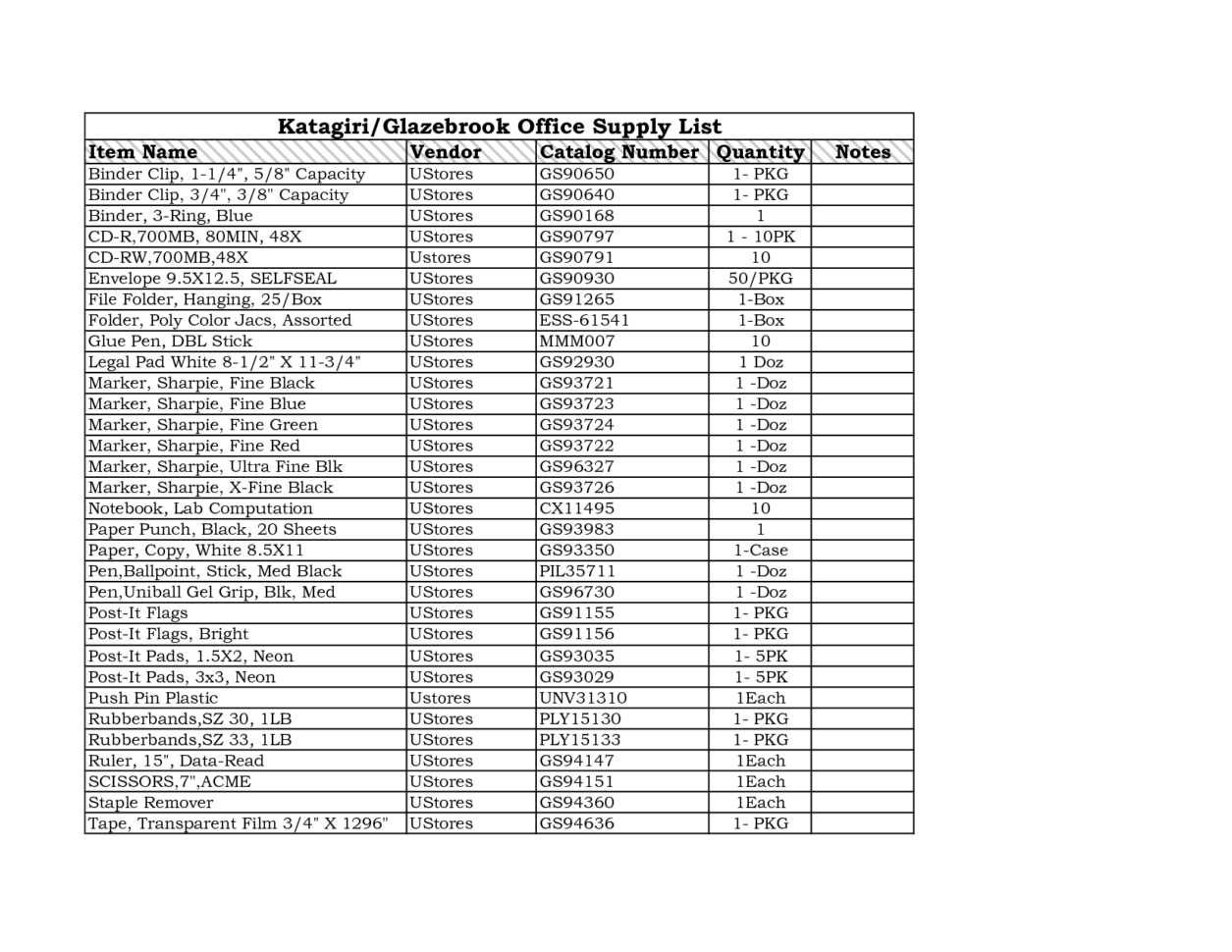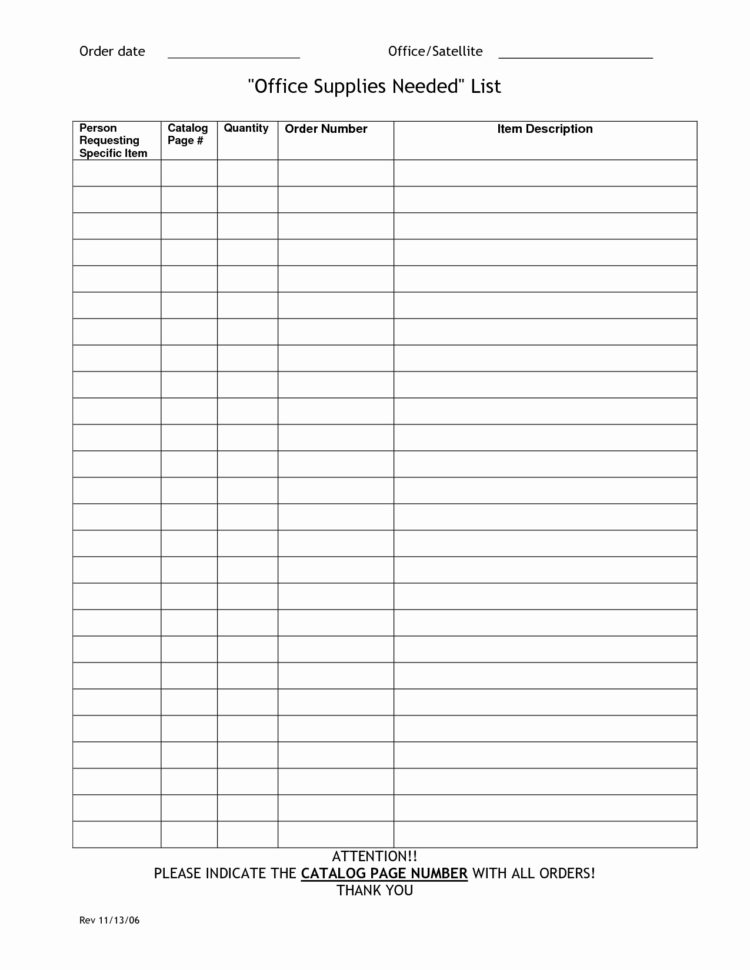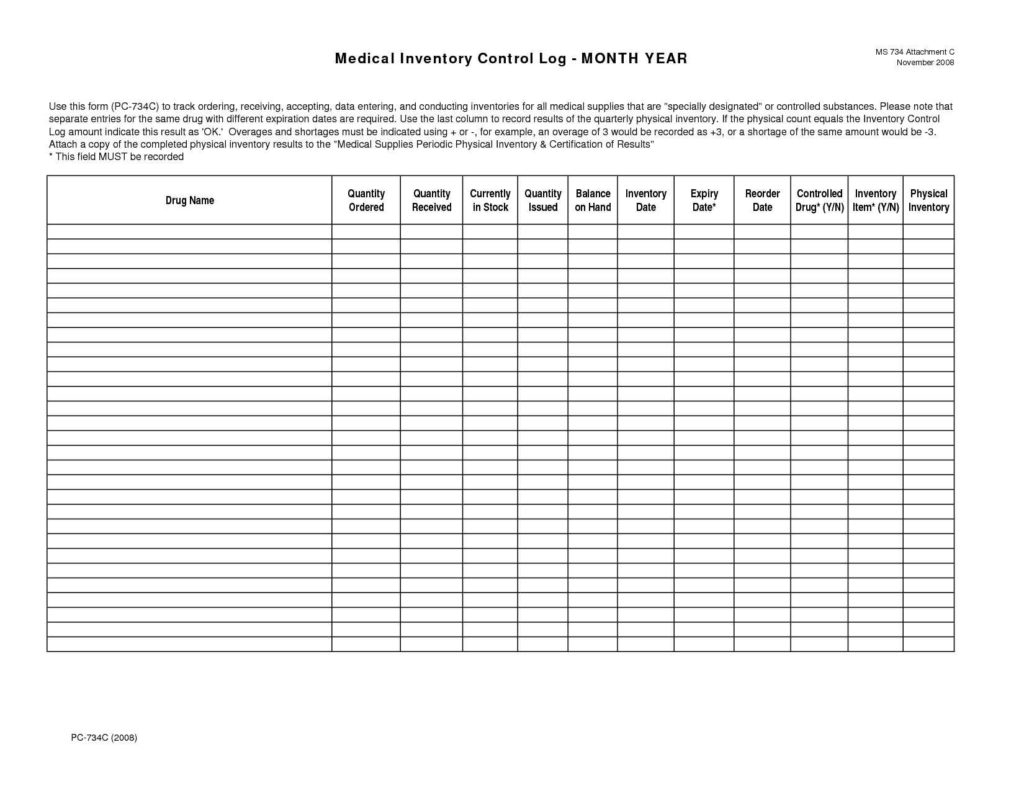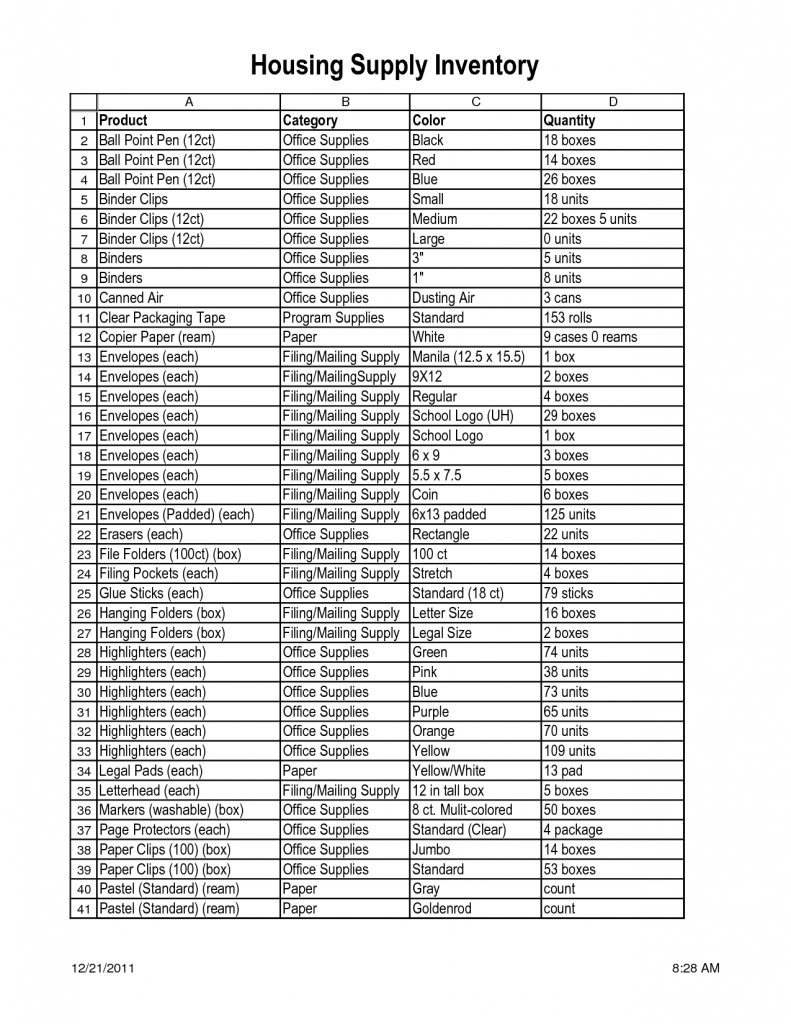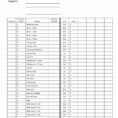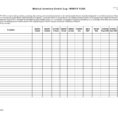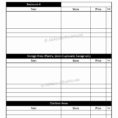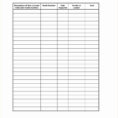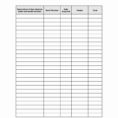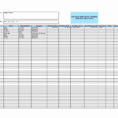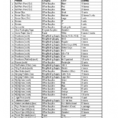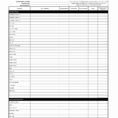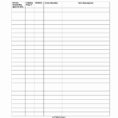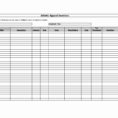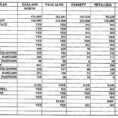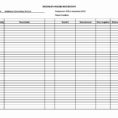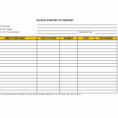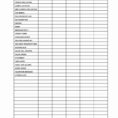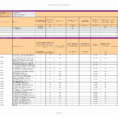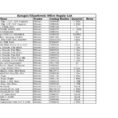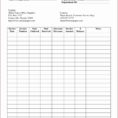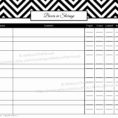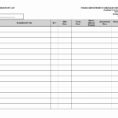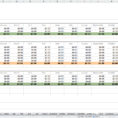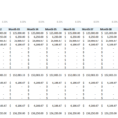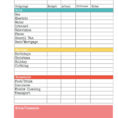The use of a medical supply inventory spreadsheet to track supplies and medication that has been ordered, as well as keeping an up-to-date inventory of medications is a great way to manage your supplies. These types of systems can help you maintain a clear picture of where your supplies are at all times. While it is not necessary to use these systems on a daily basis, having a system will help you keep tabs on how much you have ordered, the status of your inventory, and which pharmacies carry which products. Depending on your organization’s size, you can organize a system using either Microsoft Excel or Open Office Spreadsheet.
While doing so, it is important to keep in mind that not all medical supplies are considered prescription-based. In fact, some common products include medical kits, diabetic testing supplies, and test strips.
Using a Medical Supply Inventory Spreadsheet to Track Supplies
The following steps will help you make the most of your inventory of medical supplies. You should be able to quickly and easily set up a system, then work with it to manage your supplies.
When creating your spreadsheet, keep in mind the most important things about your medical supplies. Most importantly, make sure that your spreadsheet contains all the basic information regarding what types of products you have ordered, which numbers of bottles or canisters you have purchased, the date and time of purchase, and whether or not you ordered any last-minute shipping options. This information can help you determine how to manage your supplies with the most accuracy and reliability.
Keep track of your ordering process by listing your orders from the date they were received to the date of shipment. Once you’ve completed this task, create a column for each order and label them accordingly. This can be done by starting the order with a dash in the beginning, followed by each order letter in numerical order.
With the exception of the most important detail, label allof your items with their full name. This way, if there is a discrepancy, you can easily determine what the product is and how to correctly address this.
Once you have labeled your items, it is important to update the spreadsheet to match the name of each product. You can do this by changing the header label, but when making the actual changes, it is important to make sure that you use a number, as this ensures a smooth transition.
To keep track of non-prescription products, you need to enter the information in this same column. For example, if you ordered an emergency supply of ointments, make a note of the type of ointment and how many bottles of the product you have purchased. You’ll then want to enter this information into a separate column.
You’ll also want to note which type of non-prescription items are being ordered. This information is useful to quickly determine which items have run out and need to be replenished.
It’s important to keep a tab on the total number of medical supplies that you have purchased throughout the month. If you have been ordering the same exact products throughout the month, it can be difficult to identify which items are running low and need to be replenished. If the supply of each product you order drops below the amount that you have purchased, you can use a spreadsheet to keep track of your stock levels and see if you need to buy more.
Keeping track of your medical supplies is important, and can help you ensure that your inventory is in the best shape possible. As you complete your inventory tracking system, you’ll find that keeping track of your supplies becomes more accurate and manageable. READ ALSO : marketing tracking spreadsheet
Sample for Medical Supply Inventory Spreadsheet
